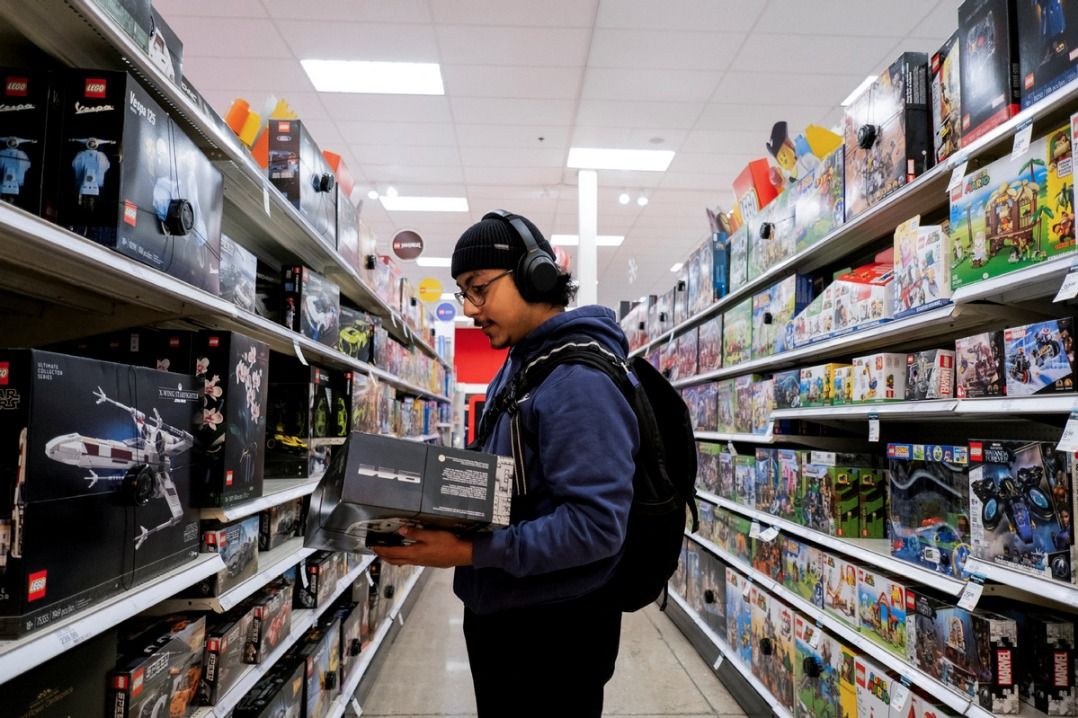American consumers paying 'decoupling' price

The US has reportedly started imposing "unwritten rules" on Hong Kong exporters, requiring them to register companies in Singapore instead of China or Hong Kong if they want to continue doing business with the US. This is part of the US' efforts to "decouple" its economy from China. However, the impact may not be as significant as the US hopes, as long as the companies' manufacturing bases or industry chains are in China. These actions by the US go against the laws of the market and global economic trends.
Source: Link
FAQ: American Consumers Paying 'Decoupling' Price - China Daily
Q: What is the 'decoupling' price paid by American consumers?
A: The 'decoupling' price refers to the economic cost borne by American consumers due to the policies of decoupling, or separating, the US economy from China. These policies can lead to increased tariffs, which result in higher prices for goods imported from China.
Q: Why is there a cost to decoupling the US economy from China?
A: The cost arises because of the integrated nature of global supply chains and trade relations between the US and China. Tariffs and other restrictions disrupt these supply chains, leading to decreased trade and increased production costs that are often passed on to consumers.
Q: Has the US government expressed interest in decoupling from the Chinese economy?
A: Despite measures that suggest a move towards decoupling, Washington has reportedly reaffirmed to Beijing that it has no interest in completely detaching the US economy from China's.
Q: What impact do US-China trade tensions have on consumers?
A: US-China trade tensions, including tariffs and trade barriers, have been shown to negatively affect consumers as well as producers in both countries. These actions can lead to higher costs for goods and services, reducing consumer purchasing power.
Q: Who bears the brunt of the cost for tariffs on Chinese goods?
A: According to a statement made in June 2022, American consumers bear the majority of the tariff costs, with an estimated 92.4 percent of the cost falling on them, rather than being absorbed by Chinese exporters.
Q: Have US imports from China decreased as a result of the trade war?
A: Yes, total US imports from China have been down since the trade war began. This indicates a shift in trade patterns, part of the decoupling process, forcing firms and consumers to adjust to new costs and sources for goods.
Q: What are the opinions on the US's China policy concerning economic decoupling?
A: Notably, Henry Paulson, the former US Secretary of the Treasury, has criticized America's broad decoupling from China, suggesting it is not working and that US consumers are paying the price for these policies.
Q: Is the concept of 'decoupling' exclusively economic?
A: While primarily economic, decoupling can also encompass wider aspects such as technology, research, and security, reflecting the complex interdependencies between the US and China.
Please note that information may have changed since the search results were obtained. To see the most up-to-date information, always check the latest articles and data.

